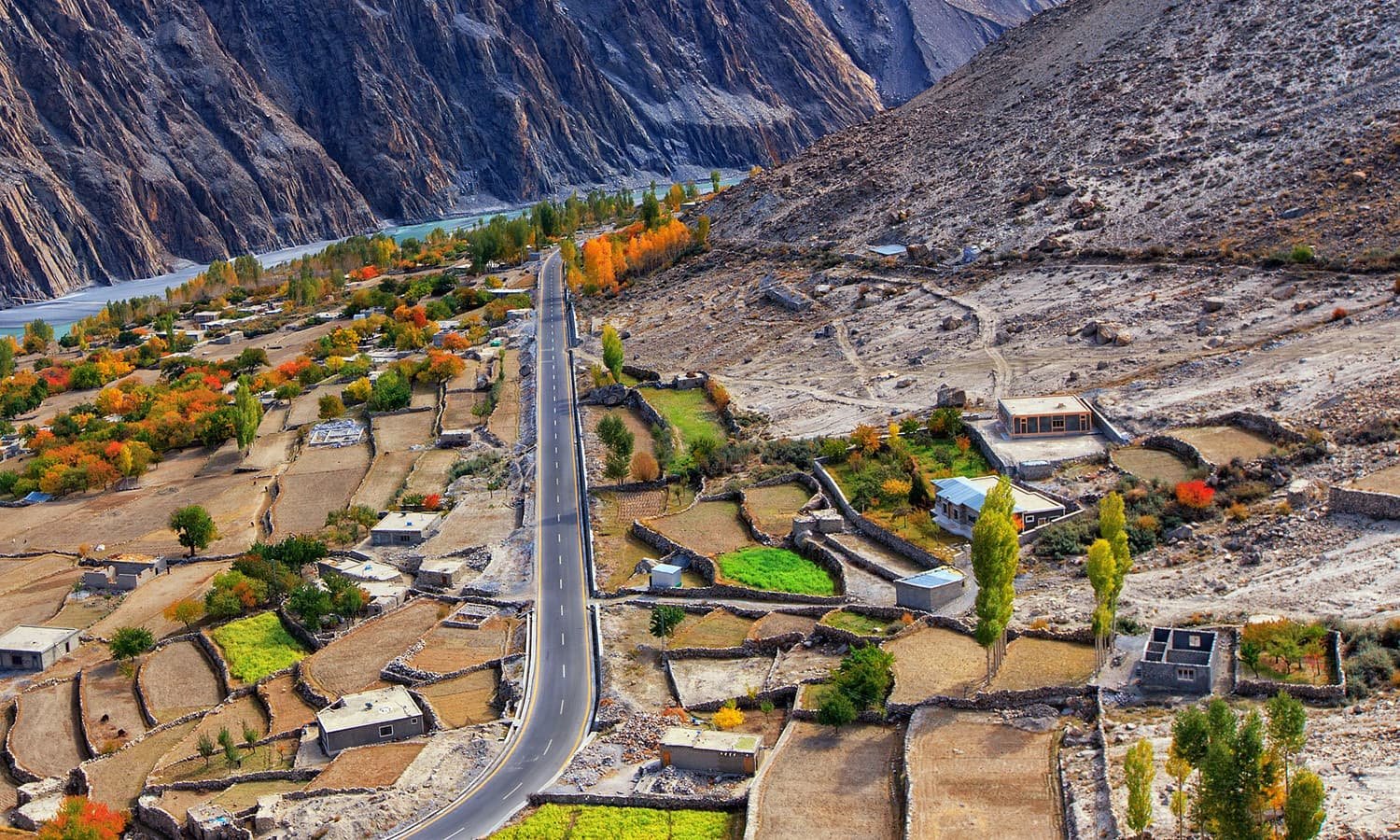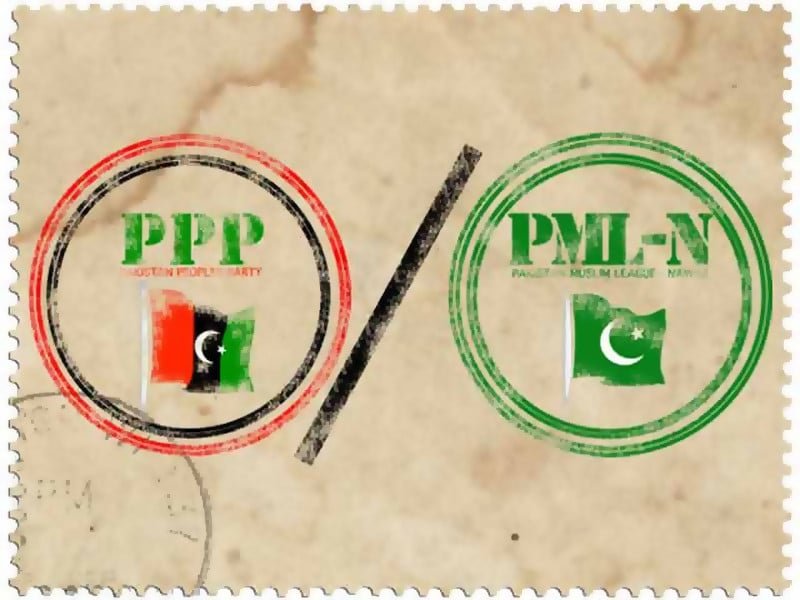Ahmed Masood
The demand from the people of Gilgit-Baltistan (GB) for constitutional clarity and provisional provincial status has been an ongoing issue for decades. This is not a new request; it is a recurring theme voiced by the region’s political parties, civil society groups, and activists who have consistently highlighted the need for constitutional reform in the region. Most recently, at a gathering in Islamabad, representatives of political, religious parties, and activists came together to launch a new movement aimed at securing constitutional status for GB. They reiterated their call for the Pakistani government to act on the recommendations of the Sartaj Aziz Committee and other governmental bodies regarding the region’s constitutional status.
In 2021, the GB Legislative Assembly passed a resolution demanding provisional provincial status for the region. The people of GB have been seeking more self-governance, proper representation in the national constitutional bodies, key institutions, and a functioning local government system. Their persistent calls for reforms, alongside their frustration with the failure of the regional administration to meet governance expectations, have led to frequent protests and demonstrations aimed at pressing for these much-needed changes.
Since the creation of Pakistan, reforms in GB have been gradual, but often insufficient in addressing the demands of the region’s population. Over the years, various political and constitutional changes have been implemented during different eras, but they have failed to provide GB with the full political and economic rights that the people have sought.
Notable reforms occurred during the Bhutto era, under General Pervez Musharraf’s regime, the post-2008 PPP government, and the 2018 changes under the PML-N. These reforms, though important in their own right, fell short in delivering the constitutional recognition and autonomy that the people of GB desire. Despite these incremental steps, GB remains on the periphery of Pakistan’s political framework, with its residents often feeling marginalized and excluded from the country’s political mainstream.
A primary reason for the lack of full constitutional status for GB is the issue of the Kashmir dispute. Pakistan’s long-standing position on Kashmir remains a significant obstacle to granting GB full provincial status. The political sensitivity surrounding the Kashmir conflict has made it challenging for the government to fully integrate GB into the constitutional framework of Pakistan without complicating its stance on the disputed region.
One proposed solution to address the people of GB’s demands without jeopardizing Pakistan’s position on the Kashmir dispute is to grant GB an autonomous setup similar to that of Azad Jammu and Kashmir (AJK). This would offer the region greater self-governance and political representation, while not altering Pakistan’s position on Kashmir.
The Sartaj Aziz-led committee had recommended a de facto integration of GB, which would grant the region representation in key national bodies like the National Finance Commission (NFC), the Indus River System Authority (Irsa), and others. The recommendation also called for the GB Assembly to be granted full devolved powers and for GB to have special representation in the Pakistan parliament. Such a framework would allow GB to secure greater political rights without contradicting Pakistan’s claim to Kashmir.
Until the Kashmir dispute is resolved—something that appears unlikely in the near future given the slim chances of a plebiscite or settlement in the region—Pakistan should seriously consider granting GB more autonomy within a provisional framework. This would enable the region to gain more political and economic rights while not compromising Pakistan’s principled stand on the Kashmir issue.
Pl watch the video and subscribe to the YouTube channel of republicpolicy.com
While the demand for constitutional reforms continues to be a priority for the people of GB, it is also crucial that the local leadership in the region focuses on delivering better governance and services to the people. The failure of the regional administration to meet the basic needs of the population has been a major source of dissatisfaction, leading to protests and calls for constitutional change.
The issue of governance is one of the most pressing concerns for the people of GB. While constitutional reforms are necessary, the local leadership must ensure that it does its part in addressing the immediate needs of the people. This includes ensuring better education, healthcare, infrastructure, and job opportunities. Until the region secures its desired political status, the elected leadership should prioritize governance and service delivery to improve the quality of life for GB’s residents.
GB’s leaders must also work to establish a more effective local government system that empowers communities to make decisions that directly affect their lives. This would help foster a sense of self-reliance and autonomy at the grassroots level, which would complement the broader demands for constitutional reform. The leadership in GB must be held accountable for fulfilling the promises of good governance and must focus on creating a more transparent and responsive system that meets the needs of the people.
The continued demand for constitutional reform in GB is a reminder of the region’s political and economic disenfranchisement. The people of GB have long been asking for greater representation in Pakistan’s political structure, as well as the ability to govern themselves with more autonomy. While the demands for constitutional reform are justified, the solution lies in a balanced approach that recognizes the political sensitivities surrounding the Kashmir issue, while addressing the legitimate needs of GB’s people.
Granting GB full autonomy without provincial status could provide the region with greater political rights and better governance, all while safeguarding Pakistan’s stance on Kashmir. However, this solution must be accompanied by effective governance and service delivery at the local level, ensuring that the people of GB do not have to wait indefinitely for constitutional changes to improve their lives.
It is essential for both the federal government and local leadership to work together to find a solution that balances constitutional reform with tangible improvements in governance. If the government fails to act, the people of GB may continue to take to the streets to demand the change they rightfully deserve. The time has come for Pakistan to listen to the people of Gilgit-Baltistan and address their calls for constitutional clarity and greater political representation.
Gilgit-Baltistan’s struggle for constitutional status and autonomy is an ongoing issue that cannot be ignored. The region’s demand for greater representation and self-governance is deeply rooted in a history of political marginalization. While Pakistan’s position on the Kashmir issue remains a challenge, there are viable ways to address the concerns of the people of GB without compromising the country’s stance on the dispute. By granting the region more autonomy within a provisional framework, Pakistan can ensure that GB’s people have a greater say in their governance and future, while also respecting the complexities of the Kashmir conflict. Ultimately, the responsibility lies with both the federal and local leadership to work towards a solution that ensures the people of GB are not left behind in the country’s political and economic development.

















